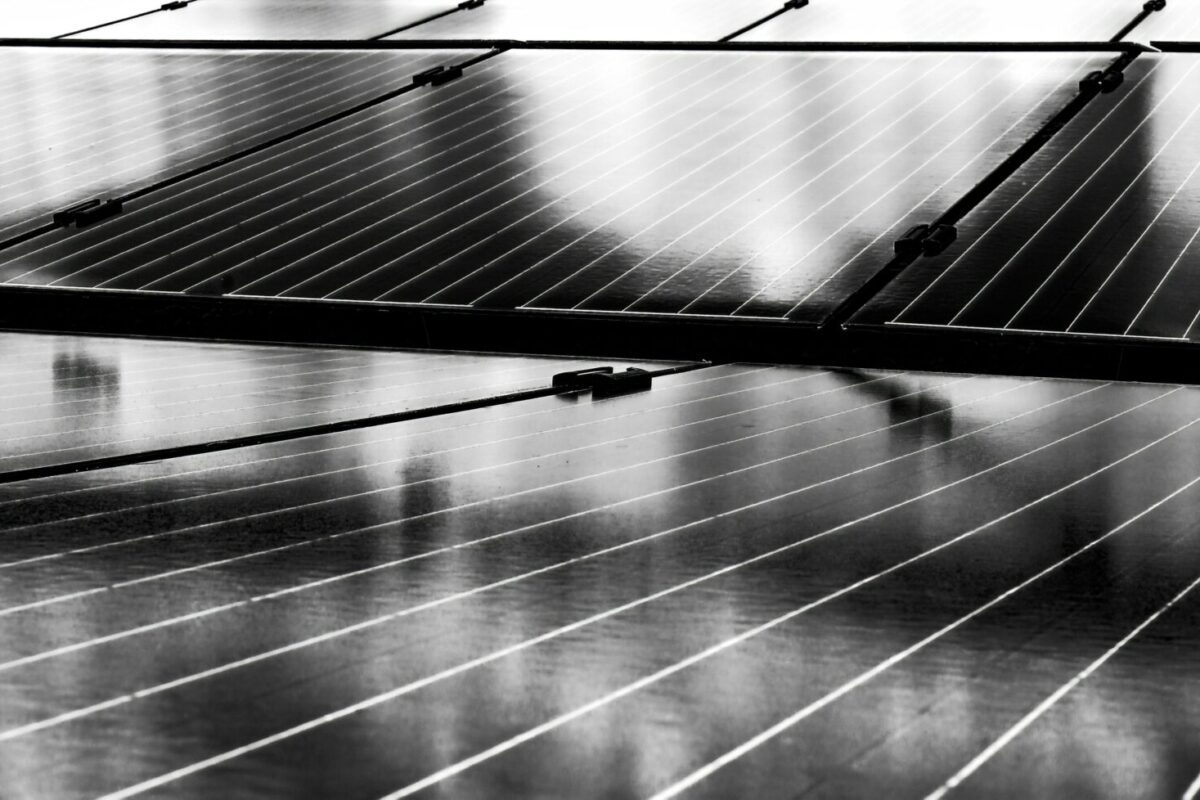From pv magazine Spain
During the 10th Foro Solar show, organized by the Spanish PV association UNEF last week, Spanish Ecological Minister Teresa Ribera said that the solar sector will continue driving innovation and industrial employment while supporting the collective efforts to address decarbonization challenges, including the integration of the electrical supply chain. She also noted the necessity of reforming the electricity market, an issue not prominently discussed at the forum.
Despite political changes proposed by the right-winged party Vox, which includes continued fossil fuel use and reversing bans on gasoline and diesel cars, attendees at the forum did not express significant concerns about a change of government.
The distributed generation segment was a popular topic at the event, with the potential to add between 1.7 GW and 1.8 GW of capacity this year. However, this represents a 50% to 60% decrease compared to 2022, which some analysts view as a natural adjustment given the absence of historic electricity price highs and the impact of inflation on household purchasing power.
Joan Groizard, general director of the Institute for the Diversification and Saving of Energy (IDAE), said that battery storage will play a central role in the distributed generation segment in the near future.
Although economic feasibility currently hinders its implementation, we anticipate a trend similar to self-consumption, which initially appealed to early adopters but has since become widely adopted, he said.
“We are going to have a real problem, market congestion,” said Franc Comino, general director of Sonnen Ibérica. “There is a lot to do at the regulatory level for batteries to penetrate the market, since the market is going to need them. Regulation must be opened to empower the end customer so that they can participate in the market.”
Large-scale storage is facing challenges as there are 15 GW of standalone storage projects and 1.5 GW in hybrid systems with renewables currently in the pipeline. Spain's energy strategy, known as PNIEC, aims for 22 GW of storage by 2030, but there is a lack of clear market signals.
Beatriz Corredor, the president of Red Eléctrica, urged the government to reform the electricity sector to enable faster development of the transportation network.
“Without transmission, there is no transition,” she said. “We encounter a difficulty in being able to deploy network infrastructure. We need electrical planning.” She also pointed out that “Spain is the country with the lowest percentage of curtailment in the world.”
During the second day's opening session, Rocío Prieto, director of energy at the National Markets and Competition Commission, noted the need to strike a balance between security and flexibility in the energy sector, regardless of political changes. She also announced the signing of an intra-border cost-sharing agreement with the French regulator to facilitate interconnection.
In the closing speech, José Donoso, general director of UNEF, said that Spain is uniquely positioned with a competitive economic advantage in facing the third industrial revolution. He emphasized the importance of fair remuneration and regulation for the sector's future.
He said that 23 GW of ground mounted PV capacity has just been reached, and 5,550 MW of self-consumption.
“We are in a scenario that 10 years ago we could not even dream of, we are building a new reality,” he said.
This content is protected by copyright and may not be reused. If you want to cooperate with us and would like to reuse some of our content, please contact: editors@pv-magazine.com.



6 comments
By submitting this form you agree to pv magazine using your data for the purposes of publishing your comment.
Your personal data will only be disclosed or otherwise transmitted to third parties for the purposes of spam filtering or if this is necessary for technical maintenance of the website. Any other transfer to third parties will not take place unless this is justified on the basis of applicable data protection regulations or if pv magazine is legally obliged to do so.
You may revoke this consent at any time with effect for the future, in which case your personal data will be deleted immediately. Otherwise, your data will be deleted if pv magazine has processed your request or the purpose of data storage is fulfilled.
Further information on data privacy can be found in our Data Protection Policy.